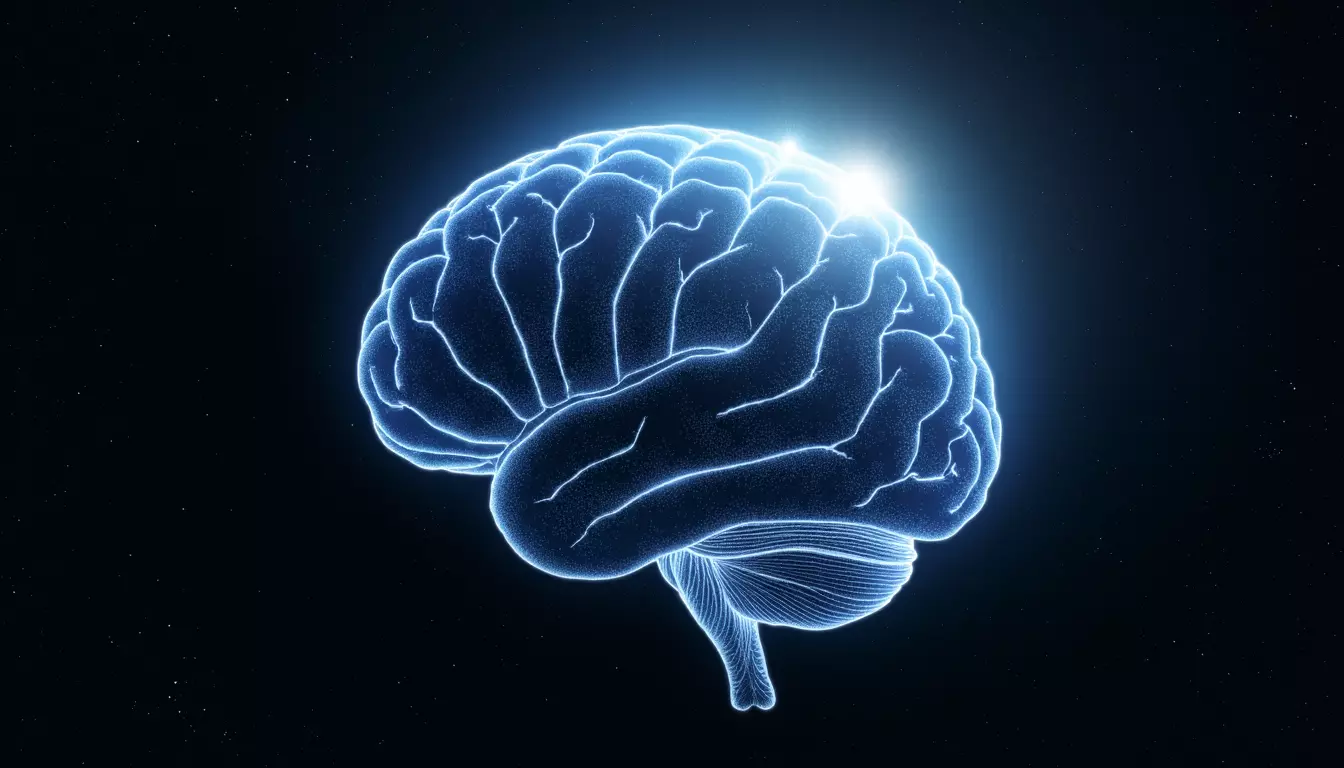
This Week in AI: March 3–9, 2025
The AI landscape continues to evolve rapidly, and this is our attempt to keep up with the news. From cutting-edge hardware innovations to discussions on sustainability and policy changes, here's a look at the major AI stories from the past week.
NVIDIA Prepares for GTC 2025
NVIDIA remains at the forefront of AI advancements, and anticipation is building for its upcoming GTC 2025 conference, set to occur from March 17–21 in San Jose. While official announcements are still under wraps, there are speculations about Jensen Huang's keynote address teasing the next-generation GPU architectures. The industry is abuzz with discussions on potential breakthroughs in AI-driven computing, such as "agentic AI" or enhancements in physical AI systems. Given NVIDIA's influence, any reveal at GTC could set the stage for the next wave of AI hardware innovation.
Multimodal Models Gain Momentum
AI models capable of processing multiple types of data, such as text, images, and video, continue to make waves. Companies like Google and Meta unveiled updates to models like Gemini or LLaVA, potentially improving video summarization or real-time translation capabilities. Additionally, the startup World Labs has gone viral with a new tool that generates 3D environments from a single photo, turning sketches into photorealistic worlds. These advancements are fueling excitement among developers and creatives as multimodal AI reshapes how we interact with technology.
Advances in Robotics and AI Integration
The synergy between AI and robotics continues to evolve, with recent breakthroughs showcasing more autonomous and adaptable robots. The groundbreaking company Figure has released a demonstration of AI-powered robots performing complex manual tasks and navigating challenging environments. These developments capture the public imagination and reignite debates about automation's impact on the workforce. Social media platforms are buzzing with discussions on whether these advancements bring us closer to a sci-fi future or pose economic challenges.
Automated Research Scientist
A new "automated research scientist" developed by Autoscience represents a breakthrough in AI-driven academic research by autonomously ideating hypotheses, conducting experiments, and drafting peer-reviewed papers. Its ability to process literature rapidly and continuously work accelerates research while reducing costs. Autoscience ensures research meets academic integrity through rigorous verification, including reproducibility checks and external validation.
Policy and Ethics: The Ongoing Debate
Ethical discussions continue to surface, with a fresh study potentially exposing biases in AI models, particularly in facial recognition accuracy across different demographics. These issues are sparking calls for more inclusive datasets and stronger regulatory frameworks to ensure responsible AI development.
Energy Consumption and AI's Environmental Impact
The conversation around AI's energy consumption is intensifying. Studies indicate that training a single AI model can emit as much carbon as multiple cars over their lifetime. With this growing concern, researchers advocate for more sustainable AI practices, pushing for enhanced tracking tools such as CodeCarbon. As AI adoption accelerates, the industry faces mounting pressure to find greener solutions.
Smaller Startups Making Waves
The AI startup ecosystem remains a hotbed of innovation. A new generative AI tool by Venture Mind AI makes it easy and fun to compose music in the style of obscure 1980s bands, while a new Israeli startup has raised $16 million to automate architectural planning. These smaller players often make a big splash with their creative approaches, capturing the attention of niche audiences and tech enthusiasts alike.